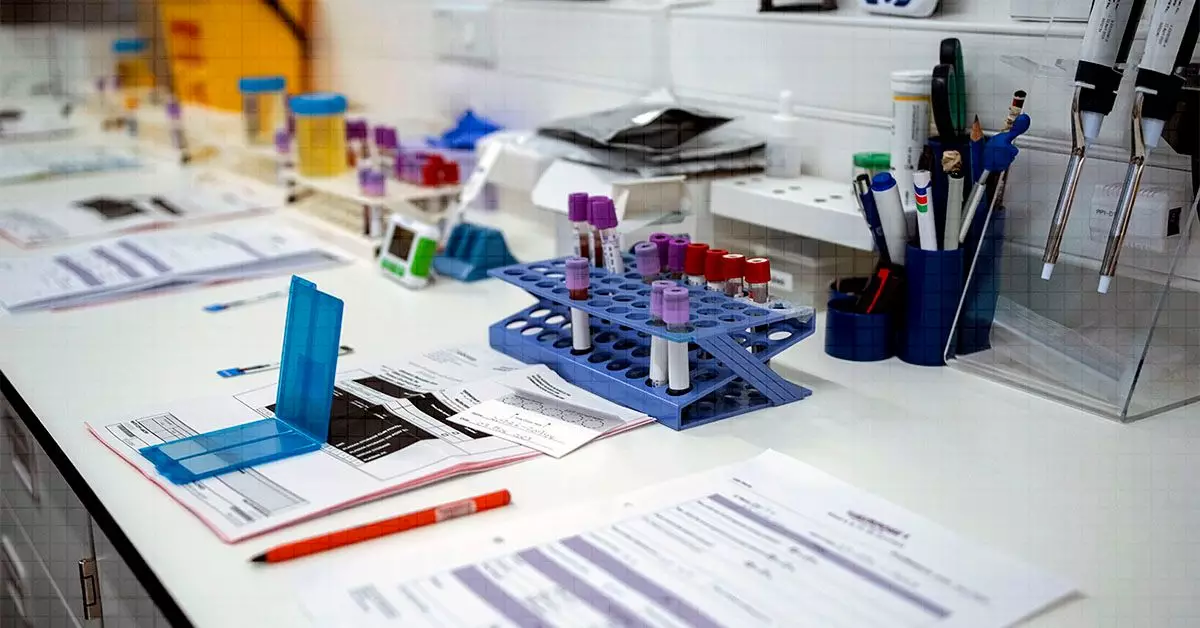Colorectal cancer has been historically associated with older individuals, yet recent trends indicate a significant rise in cases among younger adults, especially those under 50. This shift presents a pressing health concern, as early-stage colorectal cancer typically remains asymptomatic. Awareness of common symptoms is crucial, not just for early detection but for fostering a proactive approach to health among younger populations.
Recognizing the Warning Signs
A 2023 study highlighted some alarming manifestations of colorectal cancer in younger adults, such as persistent abdominal pain, alterations in bowel habits, rectal bleeding, and unintended weight loss. Strikingly, nearly all participants diagnosed with colorectal cancer had experienced at least two of these symptoms. These indicators, while nonspecific and often linked to other benign conditions like irritative bowel syndrome or gastritis, should never be ignored. The potential risk of misattributing these symptoms to benign conditions can delay necessary medical intervention, ultimately impacting prognosis.
As young adults often feel invincible, this demographic tends to dismiss symptoms, attributing them to stress, irregular diets, or transient health issues. However, if you’re under 45 and experience these warning signs, it’s imperative to consult with a healthcare provider. Early intervention is key, and understanding how symptoms manifest differently in younger individuals compared to their older counterparts can be critical for timely diagnosis.
Importance of Screening and Proactive Health Management
The American Cancer Society advocates for colorectal cancer screening beginning at age 45 for those at standard risk. However, those with heightened risk factors—such as family history, genetic predispositions, or certain lifestyle choices—are encouraged to initiate screenings earlier. This recommendation further underscores the need for a tailored healthcare approach. Early detection through routine screening can significantly enhance treatment outcomes, making it a vital step in combating this growing health crisis.
Healthcare professionals have a pivotal role in encouraging younger patients to engage in conversations about their symptoms and screening options. Increased awareness about the importance of colorectal cancer screening is crucial to mitigating risks and ensuring that this demographic understands the serious implications of ignoring their health.
Breaking the Silence Around Colorectal Cancer
While the conversations around colorectal cancer historically focused on older adults, shifting this narrative to include younger populations is essential. There is a stigma related to discussing bowel-related issues that often silences those who may need help the most. By fostering open dialogue about these symptoms and encouraging those affected to seek professional guidance, we can create a more proactive approach to health.
The increasing incidence of colorectal cancer among younger people highlights an urgent need for educational initiatives aimed at promoting awareness of potential symptoms and the importance of screening. Empowering younger adults with knowledge can lead to an earlier diagnosis, better treatment options, and ultimately, improved outcomes.
As we navigate the complexities of health in younger populations, prioritizing awareness, education, and open discussions about colorectal cancer is not just beneficial but necessary. It is time to view health through a lens that includes vigilance and proactive engagement, ensuring that colorectal cancer is no longer a silent threat among our youngest adults.

